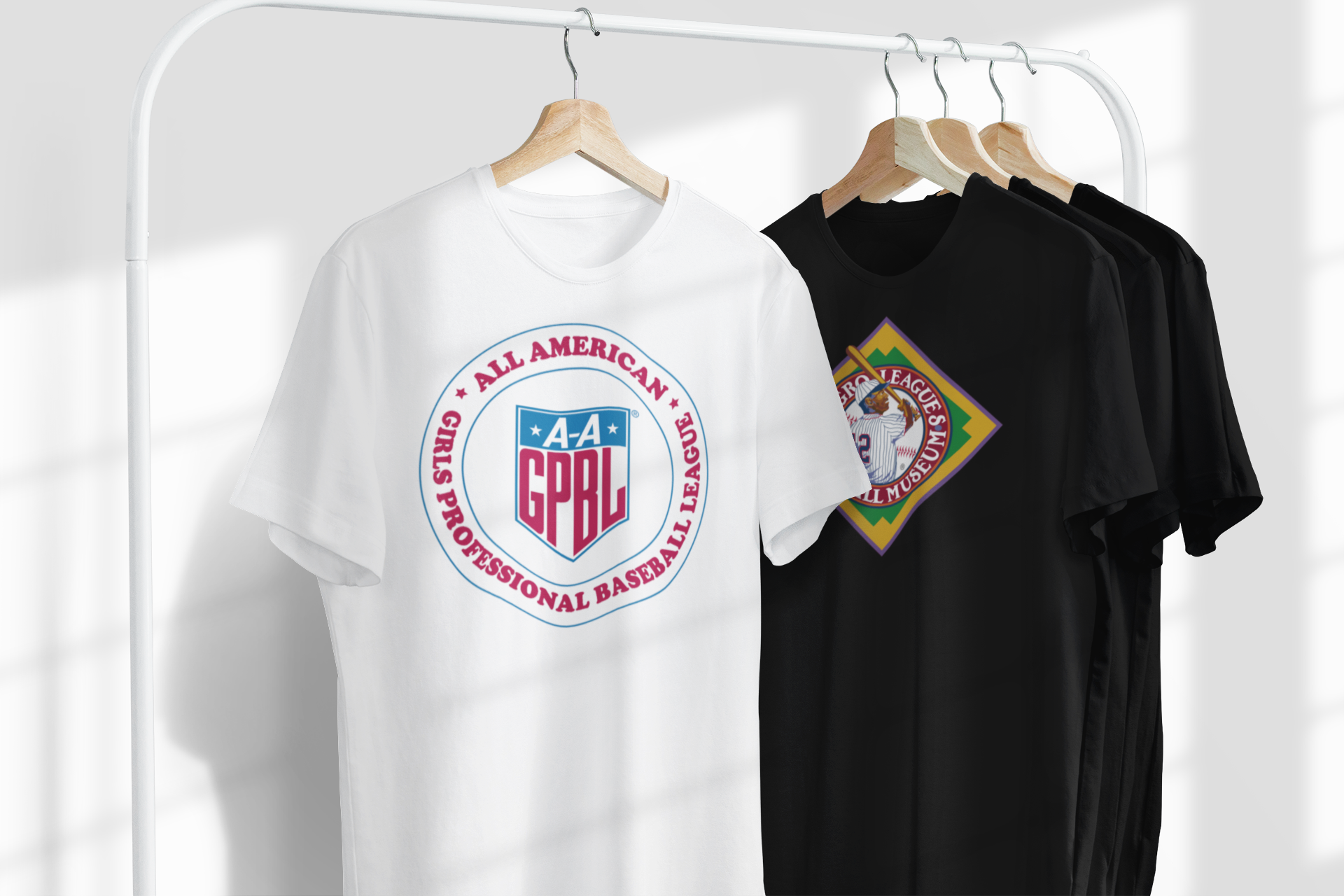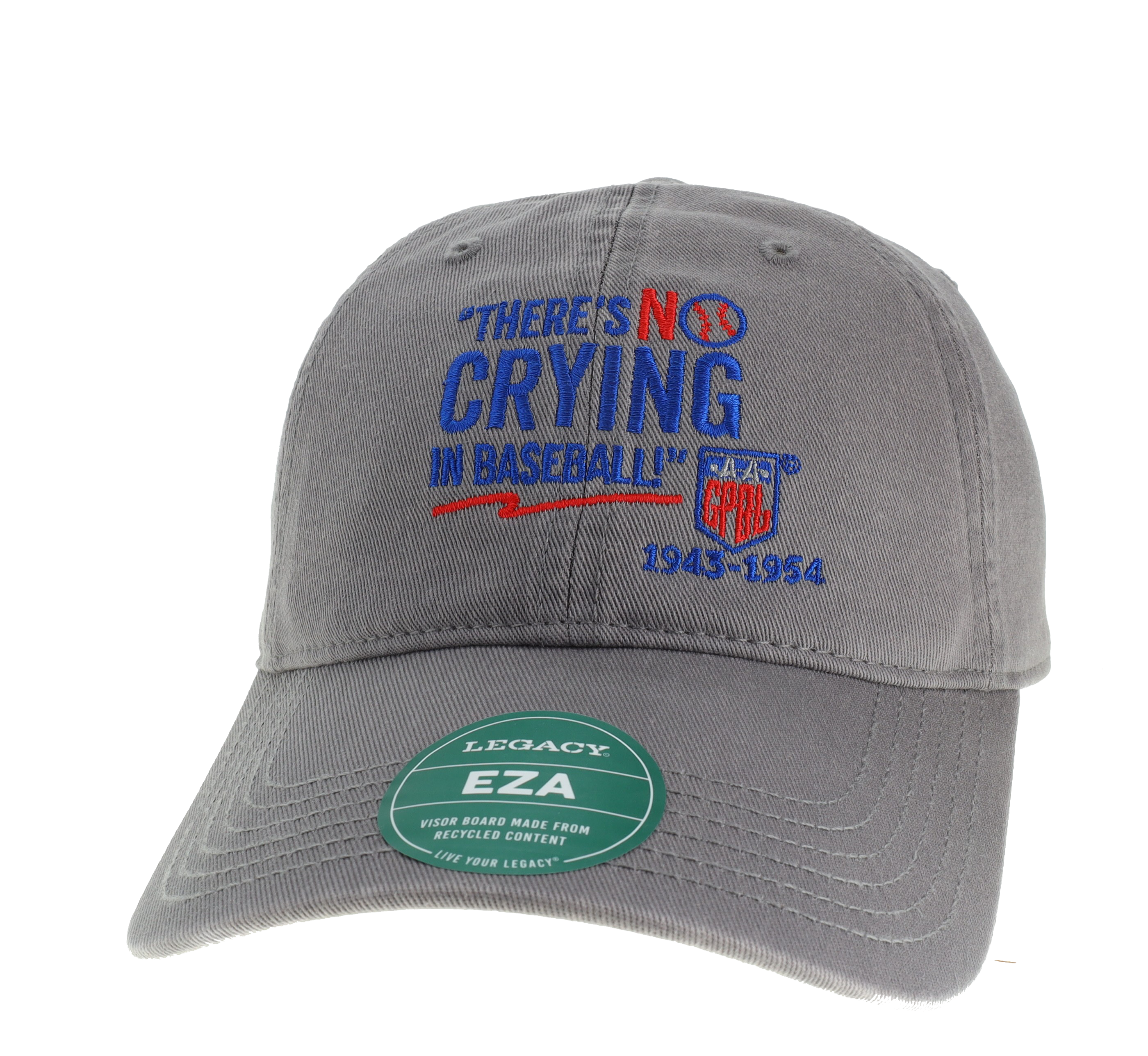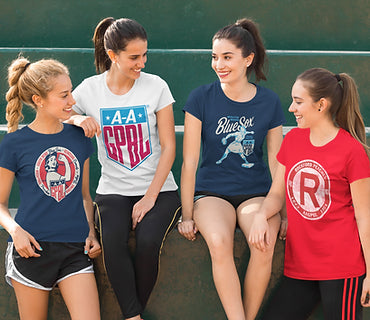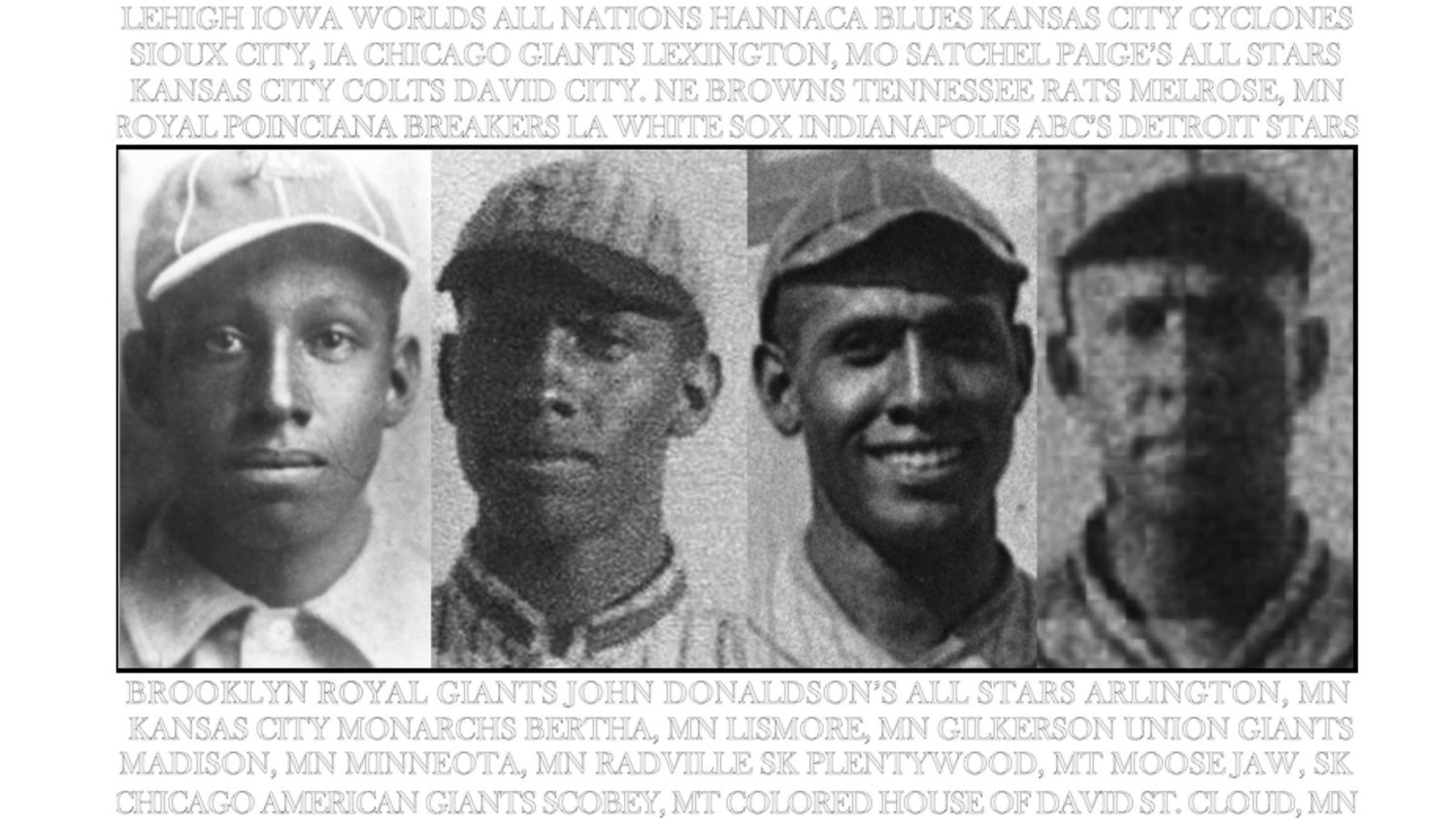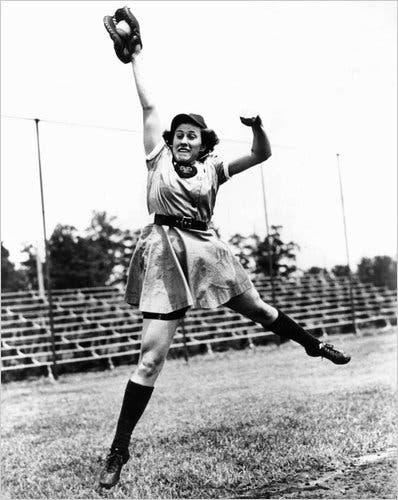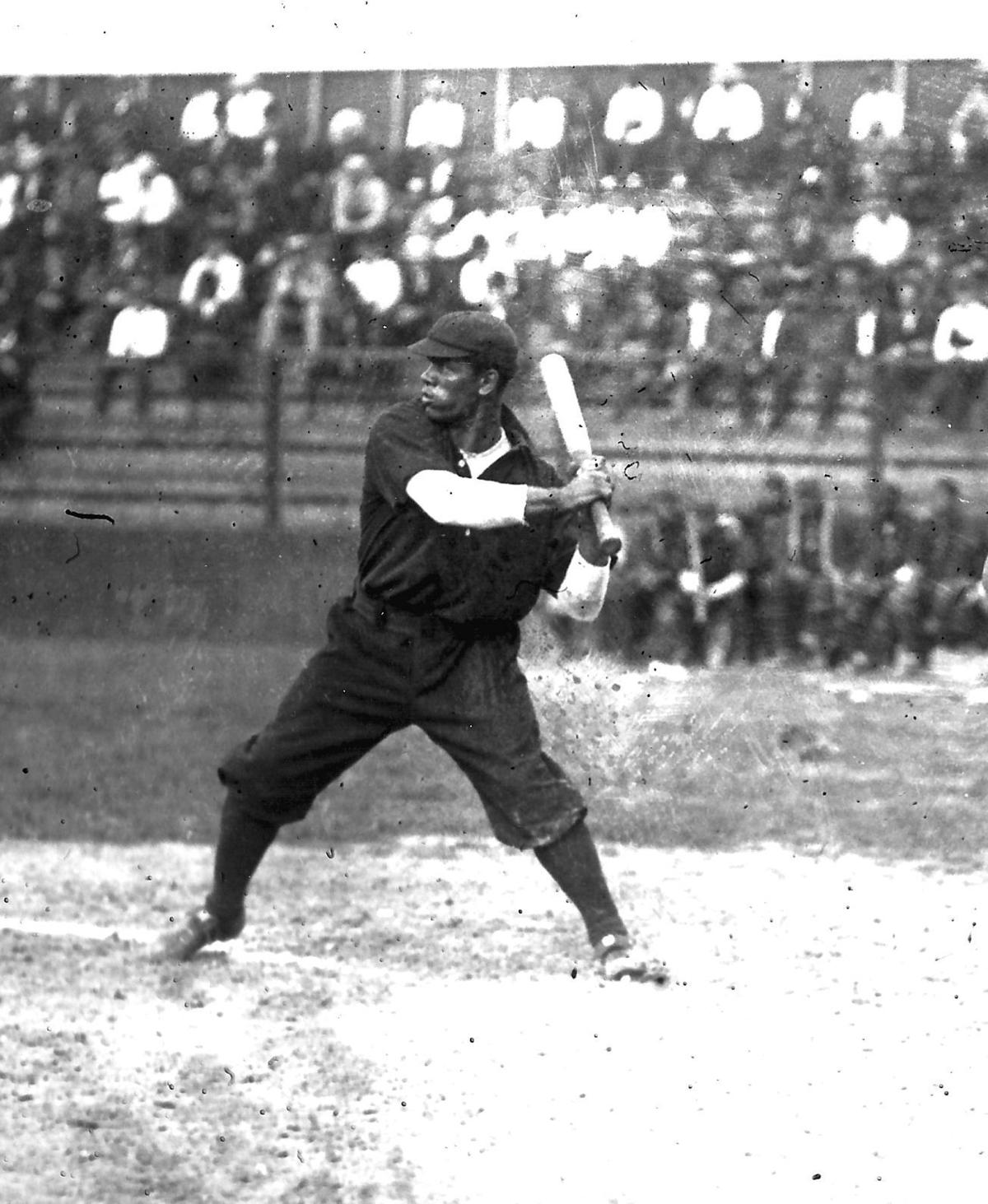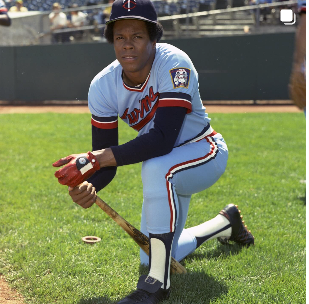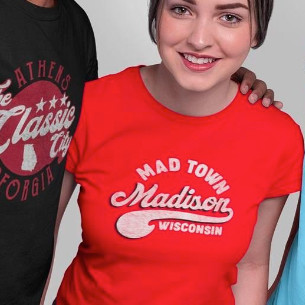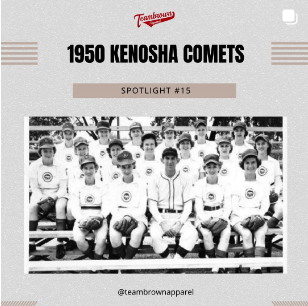This week as part of Black History Month, we introduce you to John Donaldson, the greatest pitcher you don't know.
From nlbemuseum.com (http://www.nlbemuseum.com/history/players/donaldson.html)
John Donaldson was a poised left hander with pinpoint control, and his money pitch was a hard, sharp breaking curve. He won his greatest fame in the 1910s as a star for J.L. Wilkinson's multi-racial All Nations ball club, based in Des Moines, Iowa, and with whom he averaged almost 20 strikeouts per game. He once pitched three consecutive no hitters, in 1913.

However, his prime seasons often were spent barnstorming across the Midwest, playing against white semi-pro ball clubs of dubious quality, resulting in both inflated statistics and fragmentary records. Against one of those teams, at Marshall, Minnesota, in 1913, he pitched a 12-inning one-hitter while fanning 27 batters, In 1915 he whiffed 35 batters in an 18-inning 1-0 loss to Sioux Falls. His beautiful drop and wide assortment of curves, combined with a good fastball and change up, made him one of the best left handers in the history of black baseball. At times he was almost unhittable, and during one stretch through mid-June 1915 he had 92 strikeouts in 56 innings pitched, and extended that to 252 strikeouts in 15 games. The next year he was credited with 240 strikeouts over a 12-game period.
In 1916 Donaldson also pitched the All Nations team to series victories over the two top black teams, Rube Foster's Chicago American Giants and C.I. Taylor's Indianapolis ABC's. At that time he was the best pitcher in black baseball.
After induction into military service and a tour of duty in France with the 365th Infantry during World War I, Donaldson did go to New York in 1918, but not to pitch for a team in a white league. After beginning the season in the Midwest with the Indianapolis ABCs, he traveled East to pitch with two of the top black eastern teams, the New York Lincoln Giants and the Brooklyn Royal Giants. In the latter part of 1919 he pitched against John McGraw's New York Giants, losing a hard fought 1-0 encounter.
When the Negro National League was organized in 1920, the star left-hander returned to the West, reuniting with J.L. Wilkinson, who called Donaldson the most amazing pitcher he had ever seen. While playing for Wilkinson's Kansas City Monarchs during the inaugural season, he is credited with a 4-1 league ledger despite an arm that had gone dead.
Donaldson's career spanned parts of four decades. After completing the schoolwork offered at Avon Grammar School in his hometown of Glasgow, Missouri, he attended George Smith College in Sedalia, Missouri, for a year before embarking on his professional career in 1912 with a barnstorming combination of baseball and showbiz talent called the Tennessee Rats. He was signed by Wilkinson for his All Nations team after the team's female first baseman was released when she demanded more money. He later pitched for the Indianapolis ABCs, Chicago Giants, Brooklyn Royal Giants, Detroit Stars, Los Angeles White Sox, and Kansas City Monarchs. Although his last appearance with a top ball club was in 1934, his final hurrah was in 1945, when he played with the Monarch's traveling ball club under manager Newt Joseph.

He was the first great black left-hander and continues to be categorized with Willie Foster, Nip Winters, and Slim Jones as one of the best left-handers in the history of black baseball. John Henry Lloyd regarded him as the toughest pitcher he had ever faced, and New York Giants' manager John McGraw assessed Donaldson's value at $50,000 had he been white. In 1917, a New York State League manager reportedly offered him $10,000 to pass as a Cuban and pitch for his team.
The tall, lean, graceful athlete abstained from strong drink and other dissipating habits, and besides being an outstanding pitcher, he possessed good all-around playing skills. Donaldson was a good bunter and could hit with a measure of authority, was a fast base runner, and fielded smoothly, often playing at shortstop or in the outfield. Many years, he played in winter leagues in Cuba, Florida, or California. During the winter of 1916-1917 he was the star pitcher for the Los Angeles White Sox in the California winter league, and also played in the outfield, sometimes batting cleanup in the batting order.
His batting eye didn't wane and, after experiencing arm trouble later in his career, he continued as an everyday player, holding down the centerfield spot for the Kansas City Monarchs when they entered the Negro National League in 1920. With the Monarchs he often batted in the leadoff spot to utilize his exceptional speed from the batter's box to first base. Partial statistics for 1921 show a .320 batting average while batting in the third slot in the order, but the next season he was dropped to the lower half of the batting order.
After leaving the Monarchs in 1923, he pitched with the Bertha, Minnesota Fisherman, a white team, recording an 18-3 mark with 300 strikeouts in 1924. The next season he was 28-4 with a team in Moose Jaw, Canada, and he signed with the Lismore, Minnesota, ball club in 1926 before returning to Bertha, where he won 22 games and hit .440 in 1927. He pitched with St. Cloud, Minnesota, in 1930 and later formed his own touring baseball team, the John Donaldson All-Stars, and continued playing on into the decade, returning to the Monarchs in 1931.
After his active baseball career ended, Donaldson worked as a shipping clerk in the post office and, when the color ban was lifted, scouted for the Chicago White Sox.
Source: James A. Riley, The Biographical Encyclopedia of the Negro Baseball Leagues, New York: Carroll & Graf Publishers, Inc., 1994.

